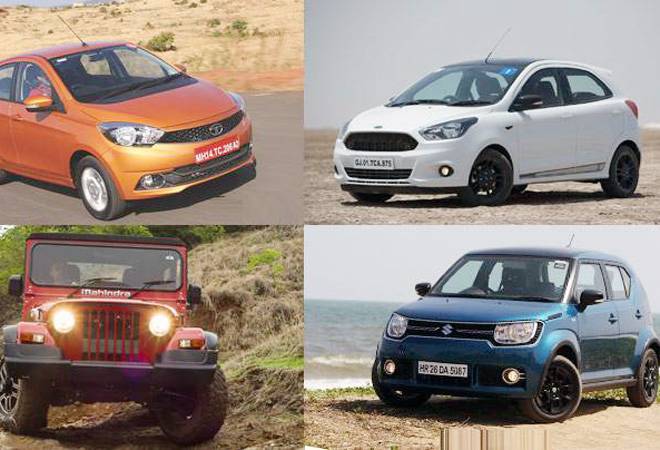
According to a survey done last year, the size of the Indian pre-owned car market is 3.5 million cars. This, as per the survey, was 1.2X of the annual sales volume of new cars. But, despite having a much bigger share in terms of the number of cars sold, only 15% of the used cars sold, were financed through used-car loans. On the other hand, the penetration of the car loans in new car segment stood at 65%.
Some of the major reasons attributed to such a low penetration of used car loans include a lower market-share of organized players; complicated loan documentation and car valuation process; and inferior product features of pre-owned car loans in comparison to alternatives like personal loans. In fact, the customer-friendly features attract customers towards personal loans for financing their used car purchase.
Here are the 5 factors that you need to keep in mind while choosing between personal loans and used-car loans:
Interest rate: Interest rates of personal loans can range between 10.99% and 24% while those of used car loans can be as low as 9.15% p.a. However, such low interest rates of used car loans are limited to select PSU banks; rates of private lenders usually start from 13% p.a. As lenders set personal loan interest rates on the basis of your credit score, annual income, employer, and loan amount, a personal loan can prove to be a cheaper option for those having a good credit score and/or employed with a reputed organization.
Loan Amount: Generally, lenders lend up to 70%-90% of the used car’s valuation arrived at through their own valuation process or on the basis of the insured’s declared value (IDV). As such valuation can be significantly lower than the purchase price of the car, your own contribution towards the purchase price can be quite substantial. For example, if you are planning to purchase a used car for Rs. 5 lakh and a lender lending up to 80% of the car’s cost values your car at Rs. 4 lakh, then you can avail a loan of only up to Rs 3.2 lakh (80% of Rs 4 lakh). The rest Rs 1.8 lakh has to be financed from your own sources.
However, a personal loan amount is not dependent not on your car’s valuation and you can finance the entire amount through it, as long as your loan eligibility allows you to do so.
Loan tenure: Both personal loans and used car loans offer maximum tenure of up to 5 years. However, the tenure of used car loans may also depend on the age and condition of that car. For example, HDFC Bank offers a maximum loan tenure of up to 5 years but it wants it to be repaid within 10 years of original invoice date. Therefore, if you finance a 6-year old car through HDFC Bank, then you will have complete loan repayment within 4 years. However, if you avail a personal loan from the same lender to finance that used car, you will have up to 5 years to repay the loan, irrespective of the age and condition of that car.
Credit score: While credit score plays an important role in the approval process of a personal loan since it is an unsecured loan, lenders usually do not give much value to credit scores while processing used car loans. Thus, borrowers having poor credit score may find it easier to avail used car loans.
Loan approval process: The approval and disbursal of personal loans is much quicker than used car loans. While personal loans are generally disbursed within 2-5 days of loan application, lenders take at least 1 week to disburse used car loans. The loan processing can be especially cumbersome if the pre-owned car is bought from an unorganized player.
As both used car loans and personal loans have their own merits and demerits, consumers should choose the one that works best in terms of cost, approval chances, processing time and loan amount. Instead of applying directly with lenders, visit online financial marketplaces like paisabazaar.com to compare loan offers available to you from various lenders.
[“Source-businesstoday”]





